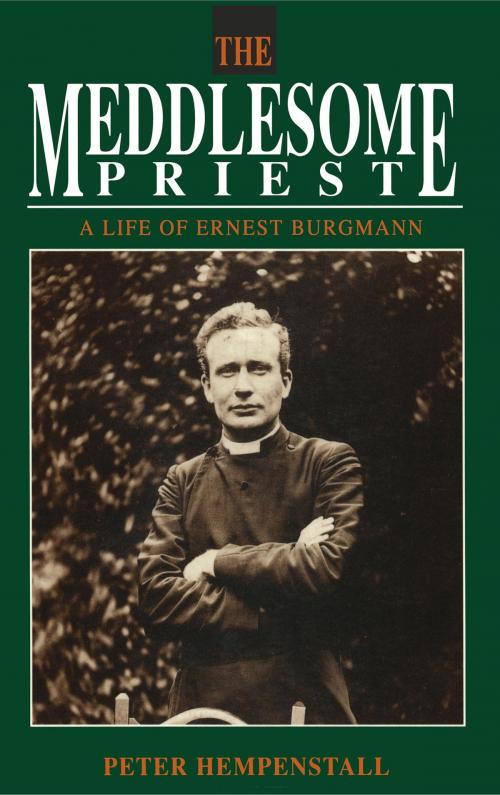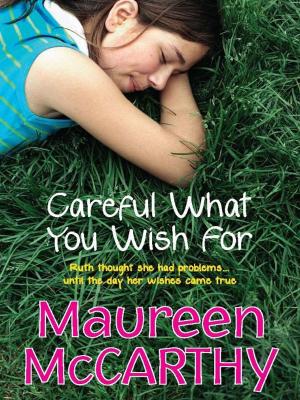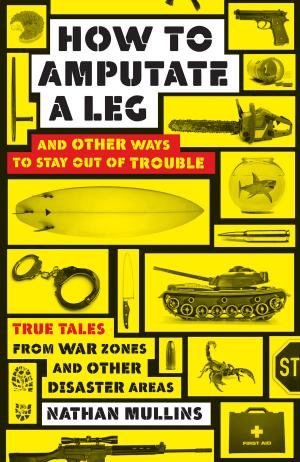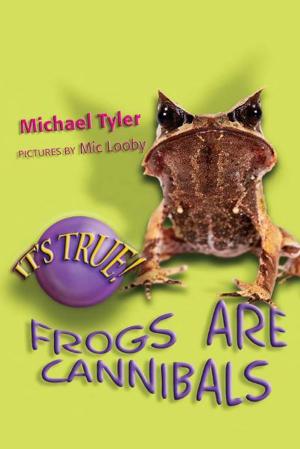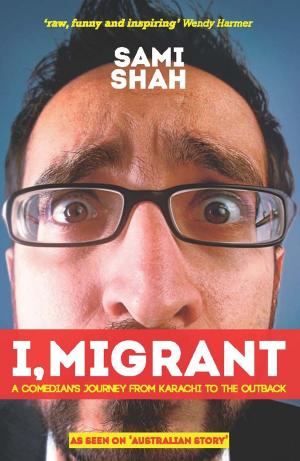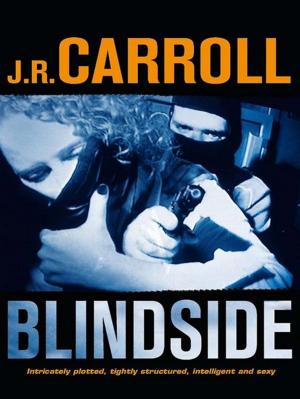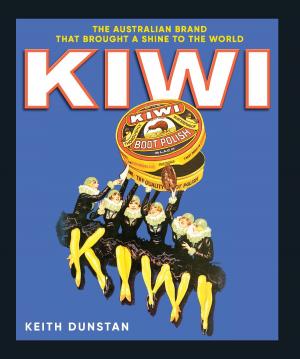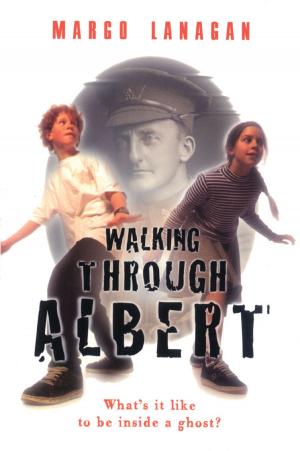| Author: | Peter Hempenstall | ISBN: | 9781743432303 |
| Publisher: | Allen & Unwin | Publication: | June 1, 1993 |
| Imprint: | Allen & Unwin | Language: | English |
| Author: | Peter Hempenstall |
| ISBN: | 9781743432303 |
| Publisher: | Allen & Unwin |
| Publication: | June 1, 1993 |
| Imprint: | Allen & Unwin |
| Language: | English |
The Meddlesome Priest is the story of a 20th century Australian nationalist who became a legend.
Ernest Burgmann experienced the Great Depression and the wounds it left on Australian society as a young Anglican priest in the Hunter Valley. During the 1930s and 1940s he became known as an outspoken radical, a maverick within a conservative church and society. He and many others were surprised when he was elected Bishop of Goulburn in 1934, a country diocese which included the still small city of Canberra.
Bishop Burgmann then plunged into the centre of major political storms at the national level. He was nicknamed the 'Red Bishop' because he refused to share the anti-Soviet paranoia which gripped most Australians. He was credited with helping to defeat Menzies' referendum to outlaw the Communist Party, and later joined with others in calling for Australia to keep out of Indo-China's politics. He worked in Paris with H. V. Evatt on the United Nations' Universal Declaration of Rights. He was a frequent campaigner in the newspapers, on public platforms and the radio, urging governments to do more for the unemployed, to service country people with water and electricity, and to rid the cities of slums.
Burgmann was an outspoken champion of individual civil rights whose radicalism sprang from a deeply rooted working-class love of the people and the land. He was driven by his faith to challenge the conservative complacency of Australia and his actions had a profound and far-reaching impact on Australians well beyond the boundaries of his diocese. Burgmann's words and actions hold a promise of extraordinary relevance for Australian society today.
The Meddlesome Priest is the story of a 20th century Australian nationalist who became a legend.
Ernest Burgmann experienced the Great Depression and the wounds it left on Australian society as a young Anglican priest in the Hunter Valley. During the 1930s and 1940s he became known as an outspoken radical, a maverick within a conservative church and society. He and many others were surprised when he was elected Bishop of Goulburn in 1934, a country diocese which included the still small city of Canberra.
Bishop Burgmann then plunged into the centre of major political storms at the national level. He was nicknamed the 'Red Bishop' because he refused to share the anti-Soviet paranoia which gripped most Australians. He was credited with helping to defeat Menzies' referendum to outlaw the Communist Party, and later joined with others in calling for Australia to keep out of Indo-China's politics. He worked in Paris with H. V. Evatt on the United Nations' Universal Declaration of Rights. He was a frequent campaigner in the newspapers, on public platforms and the radio, urging governments to do more for the unemployed, to service country people with water and electricity, and to rid the cities of slums.
Burgmann was an outspoken champion of individual civil rights whose radicalism sprang from a deeply rooted working-class love of the people and the land. He was driven by his faith to challenge the conservative complacency of Australia and his actions had a profound and far-reaching impact on Australians well beyond the boundaries of his diocese. Burgmann's words and actions hold a promise of extraordinary relevance for Australian society today.
